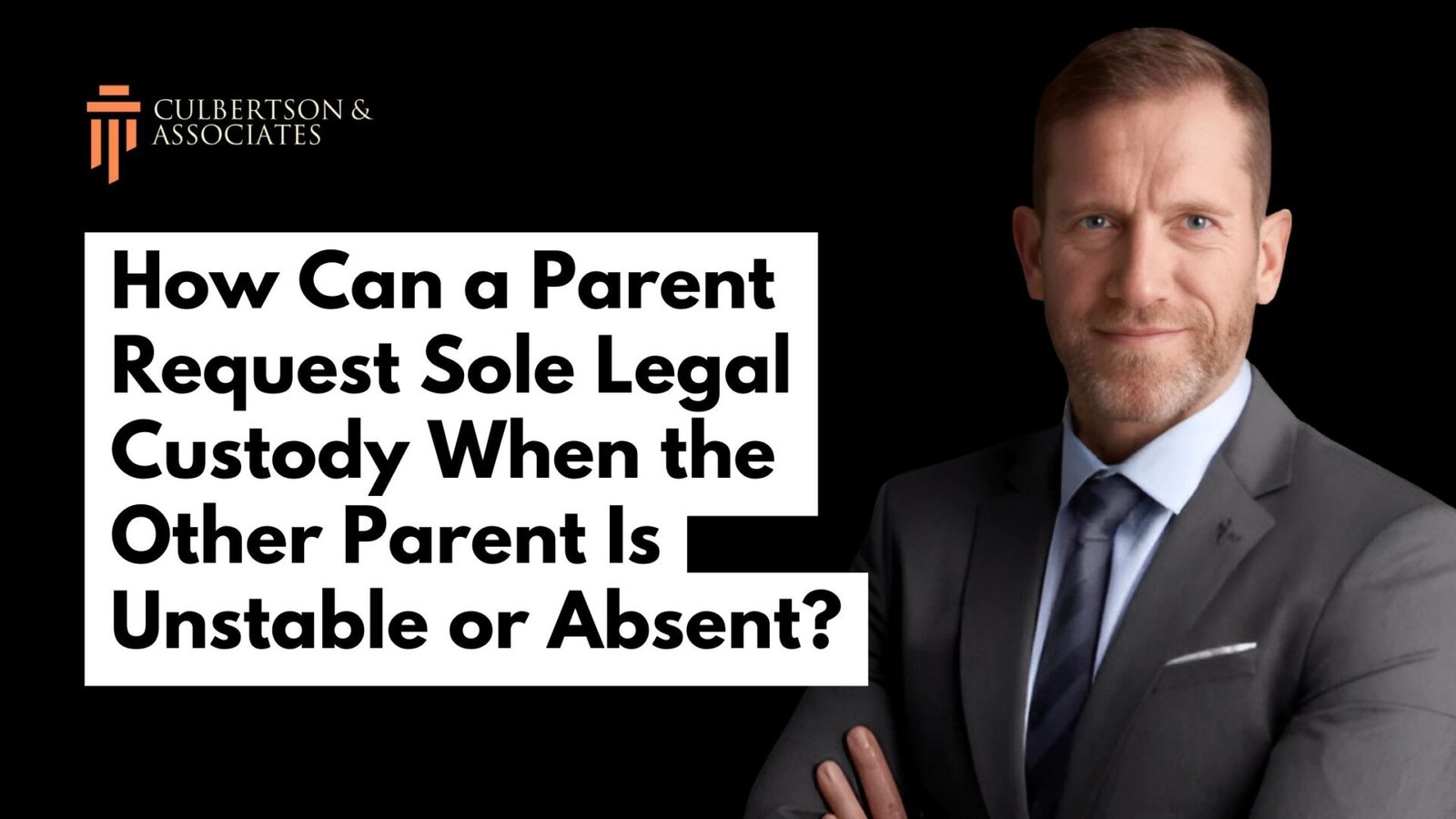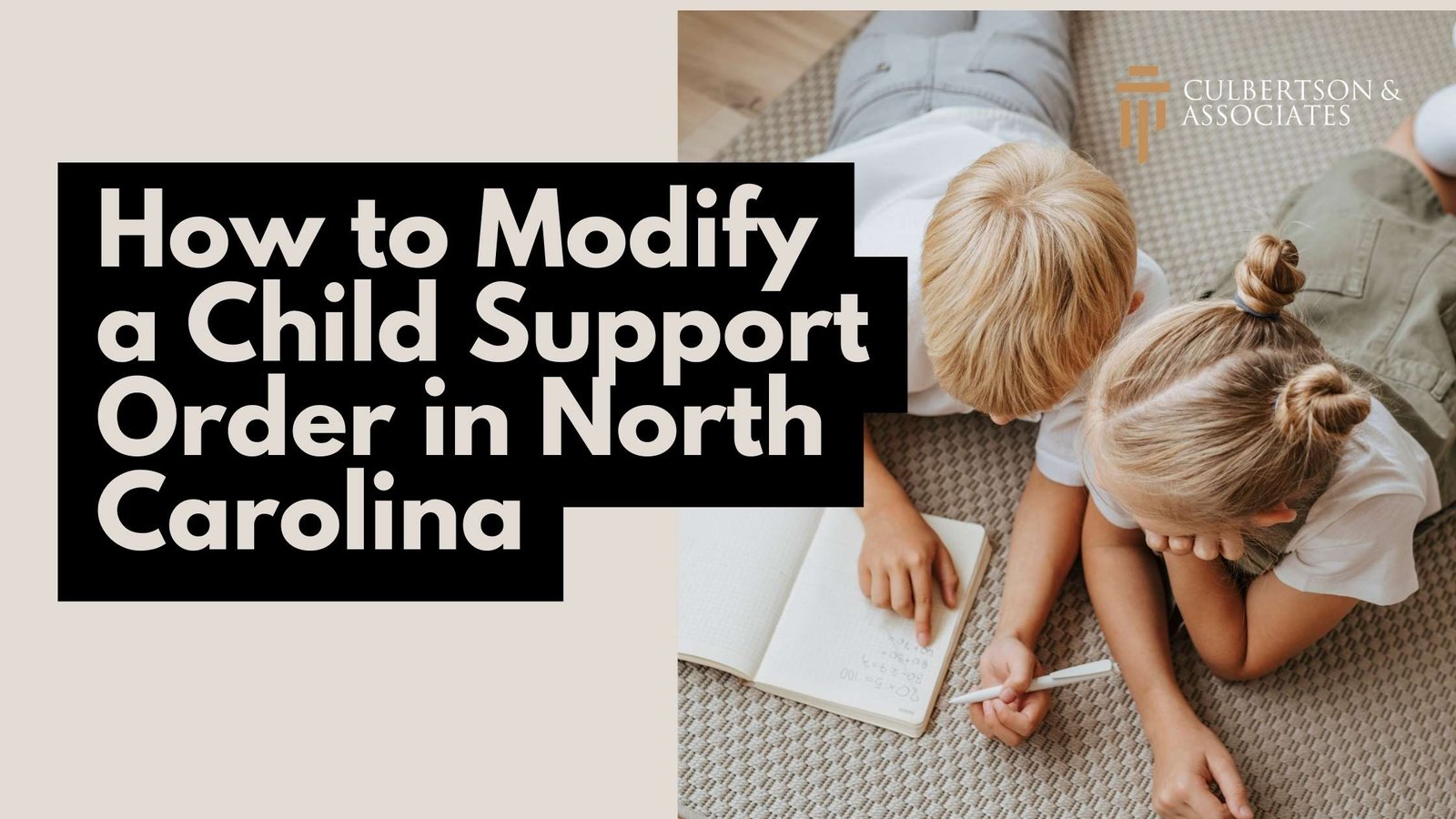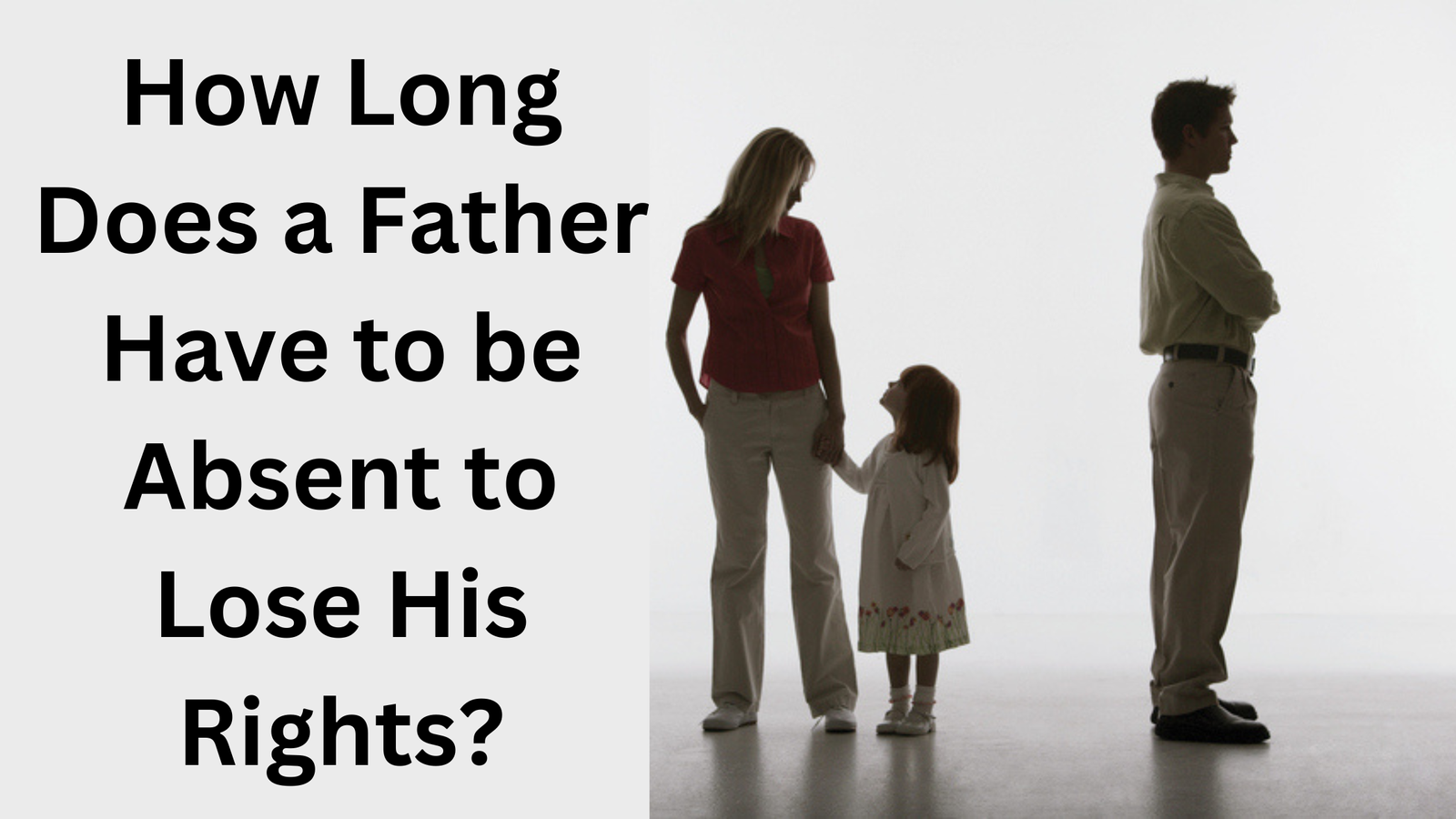How Can a Parent Request Sole Legal Custody When the Other Parent Is Unstable or Absent?
In North Carolina, a parent can seek sole legal custody by filing a custody case (or a motion to modify an existing order) and proving that exclusive decision-making is in the child’s best interests, especially where the other parent is unstable (e.g., violence, substance use, untreated mental illness) or absent. Courts apply the best-interest standard and may issue temporary or emergency orders when required; jurisdiction follows the UCCJEA if parents live in different states. What “sole legal custody” means in NC (and how it differs from physical custody) Legal custody is the right to make major decisions about education, non-routine medical care,...
Continue reading









